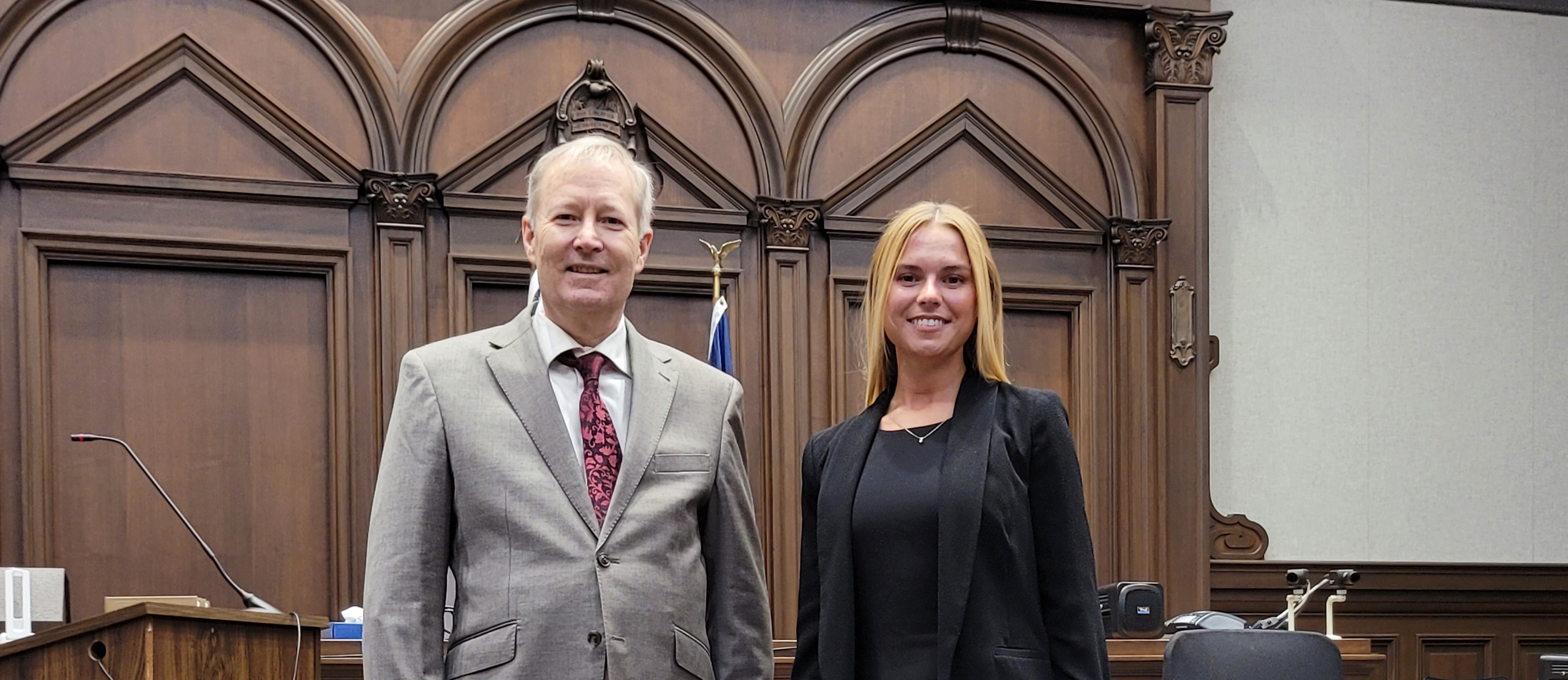Conflict Mitigators. Place Your Trust in Us

What Happens if I Die without A Will?
While Iowa citizens know they should create wills, the reality is not everyone gets to it before they pass on. If you die and you haven’t made a will yet, the state of Iowa will pass along your possessions to your heirs in a process known as intestate succession. How does this work, and what is the impact on your legacy?
How Intestate Succession Works in Iowa
Iowa uses intestate succession to determine who receives assets that would have been covered by a will — namely, assets held in your name only. Jointly owned property goes to the survivor. Property you have designated to go to another person is excluded, including:
IRA accounts, 403 (b) accounts, 401 (k) accounts, or other retirement accounts
Life insurance payouts
Bank accounts or securities marked as payable-on-death
Property held in joint tenancy or living trust
The state of Iowa looks to your surviving family relatives — chiefly, your parents, your spouse and your children or other descendants — to determine who receives what property. If you have children, but no spouse, your children inherit everything. If you have a spouse, they inherit everything whether or not you had children together.
If you have a spouse and children from another relationship, your spouse will split your assets with the descendants from a prior relationship. Your spouse will receive half of any real property plus half of your personal property with a minimum payout of $50,000, and your descendants will receive everything else. If your children do not get along with your spouse, things could become difficult as they might now own half of the marital home. Your descendants may be left with a smaller share of your estate since your spouse must receive $50,000 minimum by state law.
Your parents are next in line if you die with no spouse or kids. Last in line are your siblings, who inherit everything if you have no descendants, spouse, or parent.
Plan for Your Legacy
The intestacy process can be painful for your loved one. They may wonder if it reflects your wishes or ask themselves why you died without creating a will. Plan for your legacy while you are alive by creating a comprehensive estate plan, including a will. This way, you can specify who receives different assets.
With a Will you get to decide, for instance, whether to set up a fund to support your grandchild’s college education, give to a charity, leave a legacy to a pet charity, or leave money that could help an ailing sibling, who may otherwise not inherit from your estate. Stepchildren do not inherit under intestacy laws, so if you have stepchildren you wish to include in your legacy, you need a will to do so. Likewise, grandchildren only inherit if their parents (your children) have died.

